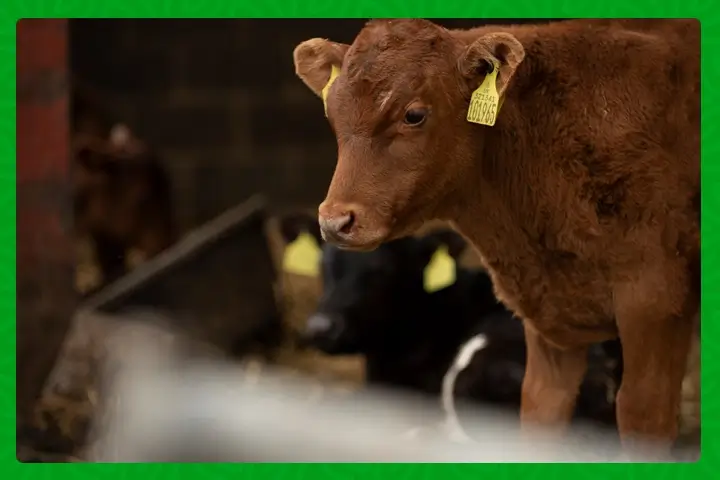
The World Organisation for Animal Health (WOAH) has forged a powerful alliance with global food security partners. This collaborative effort aims to tackle antimicrobial resistance (AMR), a critical challenge threatening both human and animal well-being, and imperiling food security in the southern hemisphere.
Understanding Antimicrobial Resistance (AMR)
AMR, as described by the Centre for Diseases Control and Prevention, is a process wherein germs like bacteria and fungi evolve to resist drugs designed to eliminate them. This phenomenon poses a significant threat to food security, particularly in the southern hemisphere, where experts warn of dire consequences if not addressed promptly.
Antimicrobial agents, including antibiotics, have been instrumental in saving millions of lives, reducing the burden of diseases in people and animals, and enhancing overall quality of life. However, the emergence of AMR challenges the efficacy of these life-saving drugs, necessitating urgent global intervention.
WOAH’s Warning and Global Response
Mahomed Sidar, WOAH Southern Africa sub-regional program officer, emphasizes the urgent need to address AMR, stating that it adversely affects human and animal development, endangers animal health and welfare, and compromises food production. In response, a collaborative effort is underway, bringing together key organizations such as the Africa Centres for Disease Control and Prevention (Africa-CDC), African Union Inter-African Bureau for Animal Resources (AU-IBAR), Food and Agriculture Organisation of the United Nations (FAO), United Nations Environment Programme (UNEP), World Health Organisation (WHO), and WOAH.
Holistic Approach: The One Health Solution
A meeting in Zimbabwe, under the leadership of WOAH in collaboration with the government of Zimbabwe, aims to enhance awareness and understanding of AMR. The focus is on showcasing the value of the “One Health” approach in preventing AMR in Africa. The One Health approach, Sidar explains, balances and optimizes the health of people, animals, ecosystems, and the environment. It fosters collaboration across sectors, disciplines, and communities, maximizing impact and cost savings by addressing multiple threats simultaneously.
Addressing Environmental Dimensions
Sidar highlights the environmental dimension of AMR, emphasizing its impact on human and animal health. The spread of antimicrobial resistance is linked to pollution from human activities, underlining the critical need for a comprehensive One Health approach.
Zimbabwe’s Commitment and Regional Collaboration
Tinashe Hodobo, the Veterinary Services Department director, expresses Zimbabwe’s readiness to host regional colleagues, emphasizing the importance of mitigating the effects of AMR on animals and crops. This collaborative effort, spearheaded by WOAH and its global partners, signifies a bold and united front against the complex challenges posed by antimicrobial resistance.
A Global Stand Against AMR
As WOAH and its partners join forces to combat AMR, the global community witnesses a remarkable alliance committed to preserving the health of animals, ensuring food security, and addressing the intricate challenges of antimicrobial resistance. This united front reinforces the importance of a collective, multidisciplinary approach in safeguarding our shared future.
The original article was written by Lorraine Muromo
Stay updated with the latest farming tips and agriculture industry news from Africa by subscribing to our newsletter. Don’t miss out on valuable insights and updates. Follow us on Twitter, LinkedIn, and Facebook to join our farming community and stay connected with us.



















